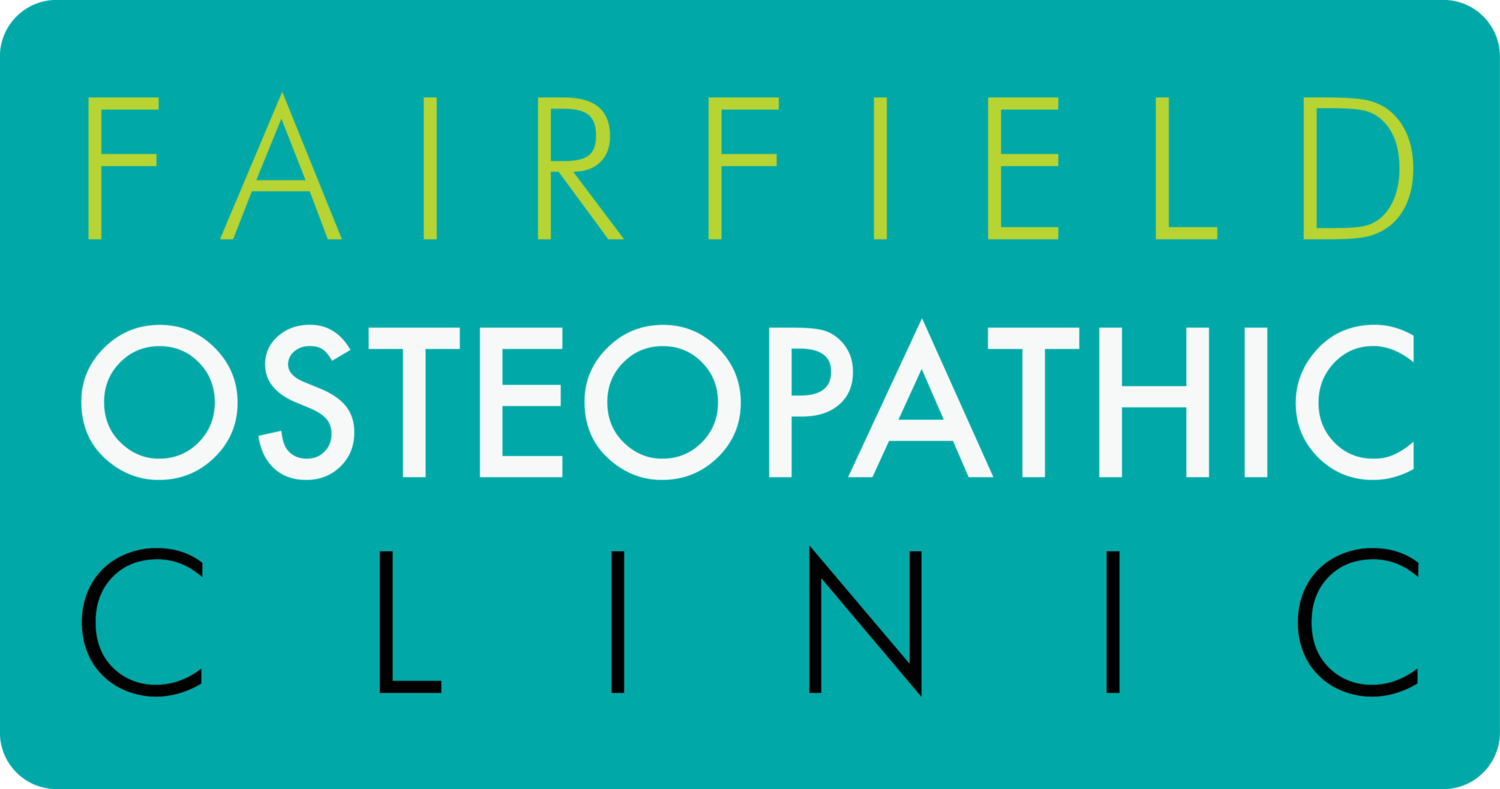What is the difference between an Osteopath, Physiotherapist and Myotherapist?
written by Mark Cooper
This is one of the most common questions from new patients in my daily practice. People sense I'm not going to laugh at their naivety and out it pops halfway through the first treatment. My answer always errs on the side of caution as I don't really know what happens in other clinics. My answer is occasionally long winded as it's all about Philosophy, Philosophy, Philosophy.
Philosophy is one of those words that sometimes throws people. We know philosophers are intellectuals, thinkers or academics but ultimately, philosophy is just a theory or attitude that acts as a guiding principle for behaviour. That's what separates the individual disciplines, and of course, that's what separates individual practitioners and results in the treatment you'll receive.
I think an example is in order.
George, a 39 year-old office worker, saw the sun shining on the weekend and realised his deck needed some serious maintenance. He bought some Cutek-CD50 deck cleaner and he started in, on his hands and knees, scrubbing the sucker. It took longer than anticipated. His knees were raw but it was his left shoulder that kept him up that night, throbbing uncomfortably into the early hours of the morning. Upon waking, it was heavy, sore and he couldn't lift his arm above his head. He realised thousands of repetitive movements that he had never done before might have resulted in some pain.
He went to work, and by 3pm, he was Googling 'shoulder pain' 'Fairfield' and 'relief'. He wasn't really sure what he needed but it wasn't a footy injury and he winced at the thought of someone massaging it. Google brought up Fairfield Osteopathic Clinic and he remembered his sister saying she'd seen an osteopath and thought they were awesome. Even better, as he considered himself tech savvy, he could book online for that day. Done. His shoulder felt better already.
What happened in the treatment?
He travelled up Station St, Fairfield and found himself in the waiting room. Mark Cooper, shook his hand and in the consultation room Mark took a thorough case history which included much detail about the "deck incident" as well as his previous medical history. George was extremely anxious about his shoulder pain as his neighbour had recently had a shoulder operation for long standing shoulder pain that did not go well. This is where the reassurance of George began.
From that point on George was in good hands. Examination included some orthopaedic tests for his shoulder that were necessary to gather what muscles/joints/soft tissues/nerves were ringing alarm bells. With a diagnosis in-hand George was treated with hands-on techniques that aimed at reducing pain so that George could confidently move his shoulder uninhibited. In short, there was a complete bio (body) psycho (brain) social (environment) approach to George's pain.
George was NOT told there was an imbalance of the strength of his muscles around his upper back and shoulders, or that his spine was out of alignment leading to restriction of the nerves coming from the neck to the shoulder which were now inflamed. Unfortunately, these kinds of poor diagnoses and explanatory models of pain and injury still exist and they don't help George one bit!
What would another practitioner do?
Okay, so what would the physiotherapist have done differently. The question, equally might be, what would an osteopath at another practice in Northcote have done as it might be just as different. Can you sense me stalling?
Physiotherapists may do less hands-on treatment, they historically like heat-packs* and ultrasound, although that's changing. You'll get exercises and advice. They know, like us, that this particular injury will get better on its own, so you don't need much intervention as long as you keep on moving it. Many physiotherapsists (not exclusively) tend to over-complicate some injuries and you might find yourself being referred into Pilates (at their clinic) or buying a theraband for a set protocol of exercises.
A Myotherapist allies itself with remedial massage therapy and focuses on musculo-skeletal health. They will be able to help relieve your pain by working on the muscles around the shoulder. Some have a degree in Allied Health that takes four years, which is as long as physiotherapists train. This doesn't mean their training is similar. Physiotherapists are supported in their education by hospital placements. Osteopaths train for five years, although outside the hospital system.
This is a big, messy discussion that covers diverse debates around contentious topics including clinical reasoning, capabilities and competencies, sandstone universities versus private institutions, vested interest and education as a commodity. The most skilled, educated and compassionate Myotherapist may be more than equal to a complacent Physiotherapist or Osteopath. This is true in a variety of professions.
* Hey, I like heat packs as much as the next person but it's much cheaper to use them at home.

